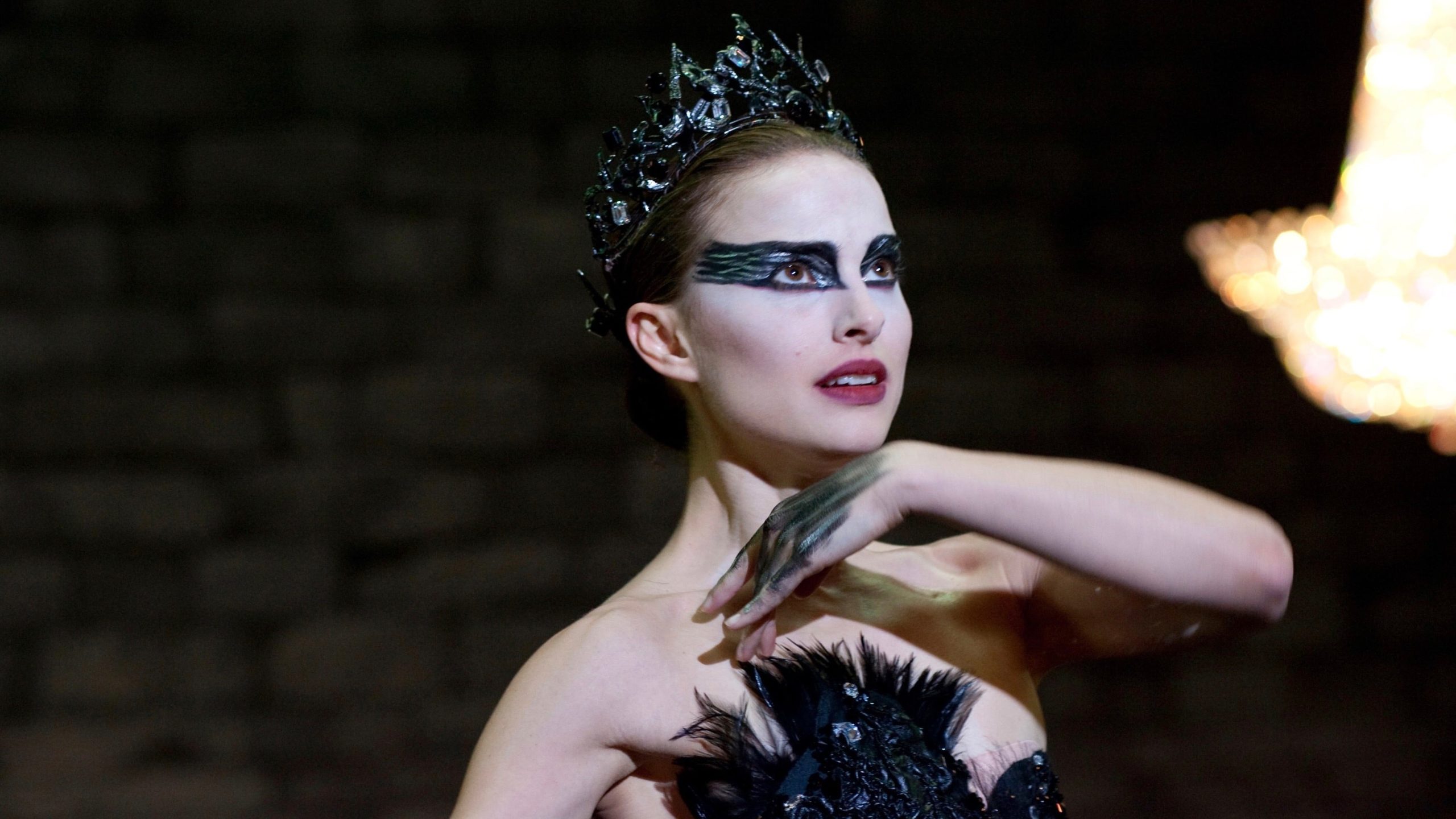Black Swan (2010)

**”Black Swan” (201) – A Dark Exploration of Ambition and Identity**
“Black Swan,” directed by Darren Aronofsky, is a psychological thriller that delves deep into the complexities of ambition, identity, and the pursuit of perfection within the competitive world of ballet. Released in 201, the film follows the harrowing journey of Nina Sayers, played by Natalie Portman, as she strives to secure the lead role in a New York City production of “Swan Lake.” The film is a haunting exploration of the duality of human nature, represented by the contrasting characters of the White Swan and the Black Swan.
Nina is a dedicated and talented dancer who embodies the innocence and grace required for the role of the White Swan. However, she struggles with her own insecurities and the pressures placed upon her by her demanding mother, Erica (played by Barbara Hershey), and the unforgiving artistic director, Thomas Leroy (Vincent Cassel). As the narrative unfolds, it becomes evident that Nina’s desire to excel and her fear of inadequacy push her into a dark and obsessive spiral.
The film’s visual style is striking, employing a combination of fluid camerawork and stark contrasts to reflect Nina’s internal state. The cinematography, attributed to Matthew Libatique, creates an intimate atmosphere that both envelopes the audience in Nina’s world and heightens the sense of unease. The use of close-ups captures the raw emotion of the characters, drawing viewers into their psychological struggles.
As the story progresses, the line between reality and hallucination blurs. This disorientation is a key element of Nina’s transformation as she begins to embody the darker aspects of the Black Swan. The film expertly juxtaposes the beauty of ballet with the horror of Nina’s mental unraveling, culminating in a series of surreal and disturbing sequences that leave audiences questioning what is real.
Natalie Portman’s performance as Nina is nothing short of extraordinary, earning her the Academy Award for Best Actress. She delivers a nuanced portrayal that captures the fragility and ferocity of a dancer consumed by her ambition. Portman’s physical transformation for the role, including extensive ballet training, adds authenticity to her performance and embodies the dedication required in the world of dance. Mila Kunis, who plays Lily—Nina’s rival and the embodiment of her dark desires—provides a captivating contrast, representing the freedom and abandon that Nina struggles to access.
The film’s score, composed by Clint Mansell, is a haunting blend of classical and contemporary sounds that echoes the emotional turmoil of the characters. The use of Tchaikovsky’s “Swan Lake” blends seamlessly with the original score, reinforcing the film’s themes of duality and transformation. The music amplifies the tension throughout, guiding the audience through Nina’s descent into madness.
“Black Swan” also serves as a commentary on the pressures of perfectionism and the sacrifices made in the pursuit of greatness. It raises questions about the cost of ambition, the impact of external expectations, and the struggle for self-identity. Nina’s journey becomes a cautionary tale about the dangers of losing oneself in the quest for validation and success.
In conclusion, “Black Swan” is a masterfully crafted psychological thriller that intricately explores themes of ambition, identity, and the duality of human nature. With its stunning visuals, powerful performances, and haunting score, the film leaves a lasting impact on its audience. Darren Aronofsky’s direction, combined with Natalie Portman’s remarkable performance, creates a chilling yet poignant depiction of the dark side of artistic pursuit. “Black Swan” is not just a film about dance; it is a profound exploration of the human psyche and the lengths one will go to achieve their dreams.











